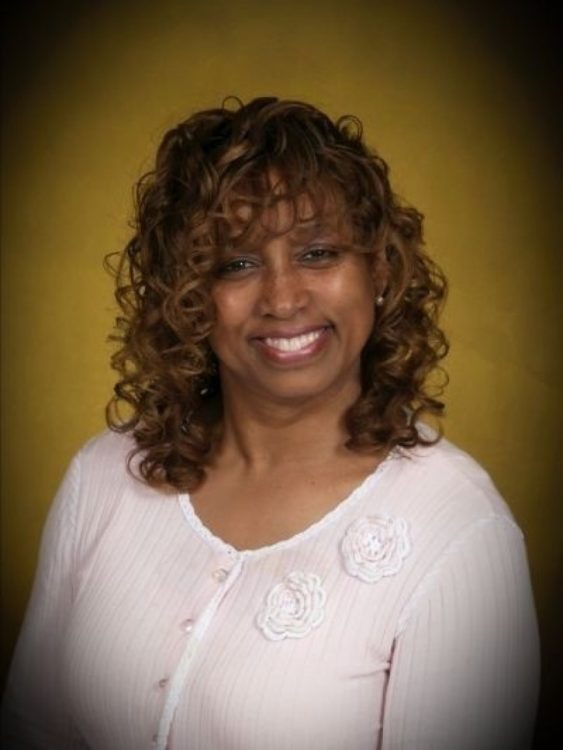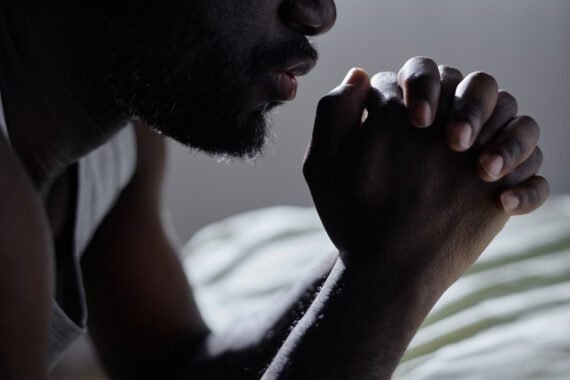Three years ago on June 19, 2021, the United States welcomed Juneteenth as a new federal holiday. In his executive proclamation President Joe Biden said this:
“Juneteenth is a day of profound weight and power. A day in which we remember the moral stain and terrible toll of slavery on our country—what I’ve long called America’s original sin. A long legacy of systemic racism, inequality, and inhumanity. But it is a day that also reminds us of our incredible capacity to heal, hope, and emerge from our darkest moments with purpose and resolve.”
Later that year, August 2, the United Nations Permanent Forum of People of African Descent was established at the UN General Assembly. It was established as “a consultative mechanism for people of African descent and other relevant stakeholders as a platform for improving the safety and quality of life and livelihoods of people of African descent.”
Both historic events have and do encourage our remembrances of the legal bondage and abolition of enslavement of African peoples in the Unites States and globally. Those events also remind us of historic challenges that are still with us today—despite other significant remembrances of reforms this year like the 60th anniversary of Brown versus Board of Education, the 60th anniversary of the Civil Rights Act, and the 30th anniversary of Apartheid falling in South Africa. All of these anniversaries represent steps that helped move the agenda of more equitable political and economic policies and practices, led by the faithful leadership of African peoples and their partners. The same resilience led to the political independence of African and Caribbean nations and the first Black Republic, Ayiti (Haiti), in 1804.
Still, reforms and recognitions like these have not yet reached the goal of sustainable life, which includes food security and sovereignty, economic justice, full employment, nonviolence, and environmentally stable communities. At the UN Permanent Forum, the Honorable Anielle Franco, Brazil’s Minister for racial equality said, “When we talk about happiness in Brazil, we talk about dignity, jobs, health, food, being able to explore one’s own culture.” Brazil is the nation-state with the second largest number of African people after Nigeria.
Since the enslavement period, discriminatory policies and practices still contribute to unsustainable life for a disproportionate number of African peoples who have fewer financial resources like savings or property than their white counterparts. For example, as of 2020, the racial wealth gap showed that in the United States, white households have a median family net worth of $147,000 while Black households have a median family net worth of $3,600. The median white family in the United States has 41 times more wealth than the median Black family.
Bread for the World celebrates the resolve, resilience, and faithfulness of African peoples remembered on Juneteenth and at the new UN Forum. Remembrances like Juneteenth help to inspire and engage prayerful advocacy today that seeks to repair the past, present, and future. We invite you to learn more about our advocacy agenda and to be a part of the movement at bread.org.
Angelique Walker-Smith is senior associate for Pan African and Orthodox Church engagement at Bread for the World.



